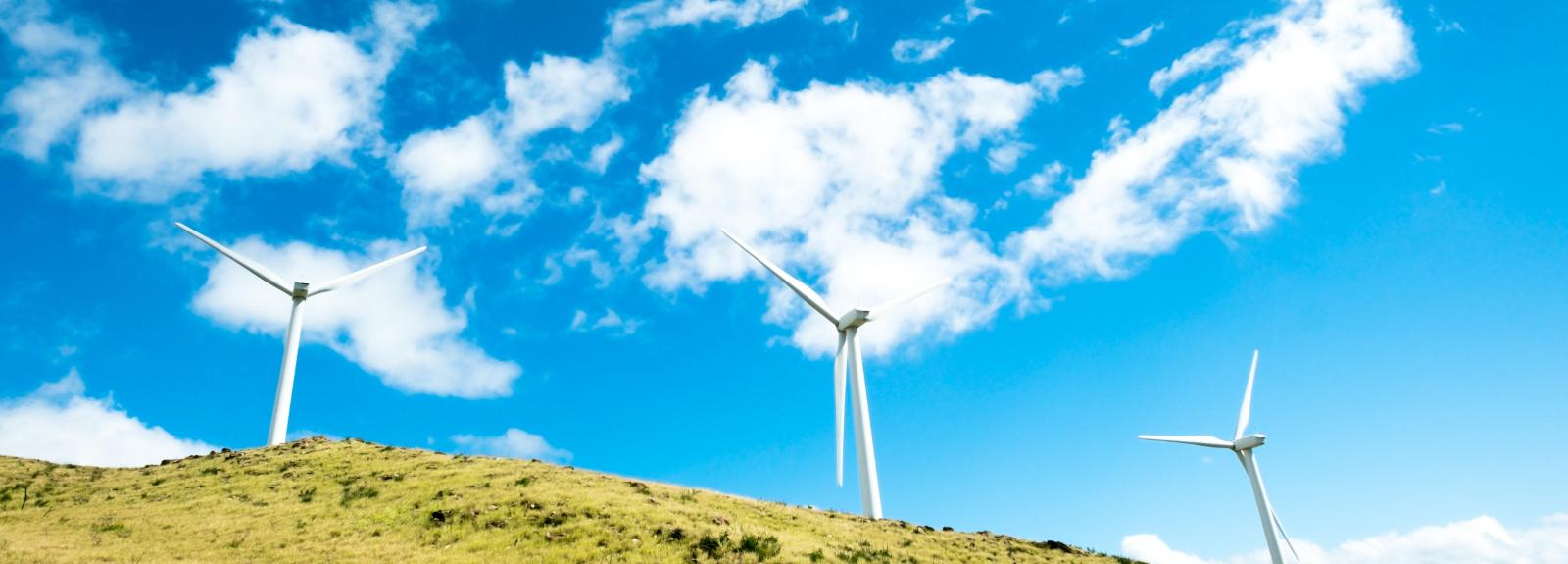Energy and Queen's Campus
Queen’s University comprises several sites in the Belfast area with over 250 buildings. It has a full-time and part-time enrolment of approximately 24,000 students and approximately 3,700 staff. In a typical year the University will use in the region of 80,000 MWh of natural gas and 20,000 MWh of electricity.
Queen’s journey to Net Zero carbon emissions started in 2010, with the roll-out of the Carbon Management Plan. A 21% reduction in emissions was achieved in 2017/18, with almost £10 million invested in carbon reduction projects. Currently, 100% of imported electricity is from renewable sources, which accounts for 44% of our overall energy requirements (this includes the Health Science Campus).
In 2023, Queen’s Net Zero Strategy was launched, proving an action plan on how Queen’s will achieve net zero emissions by 2040.
Energy Accreditations and Initiatives
The university complies with a range of accreditations and initiatives:
ISO50001
We are one of only a few universities in the UK to be accredited in ISO50001.
Energy Performance in Buildings Directive
Display Energy Certificates (DECs) are produced for over 60 of our eligible buildings.
CHPQA
The University operates Combined Heat and Power Plants (CHP) at several locations. These are accredited to CHPQA standard.
Green Revolving Fund
The Green Revolving Fund launched in 2009/2010, supported by Salix Finance. Since the launch, large carbon savings have been achieved via the implementation of a wide variety of projects across campus. Payback for energy and carbon projects has been extended from 10 years to 15 years in July 2023, enhancing the level of funding opportunities.
Applications are now open via this Microsoft Form.
Laboratory Repair Fund
The LEAF Programme was launched in 2022 and aims to support labs across the campus in implementing sustainability actions that enable them to minimise their impact - including repairing equipment where possible instead of purchasing brand new.
Applications for the Lab Repair Fund can be submitted here.
Energy Efficiency Equipment Fund
The Energy Efficiency Equipment Fund enables individuals purchasing equipment to choose the most energy efficient option. This fund will provide a 'top-up', enabling purchasers to pay the extra for the energy efficient choice.
For example, if labs are purchasing a fridge or freezer at a cost of £5,000 and need a further £500 to purchase the more energy efficient option, this fund will provide the 'top-up'.
A range of case studies can be seen below. If you have a ‘bright idea’, then please email the Sustainability Team at sustainability@qub.ac.uk, detailing the total capital cost of the project, and what technology the project involves.
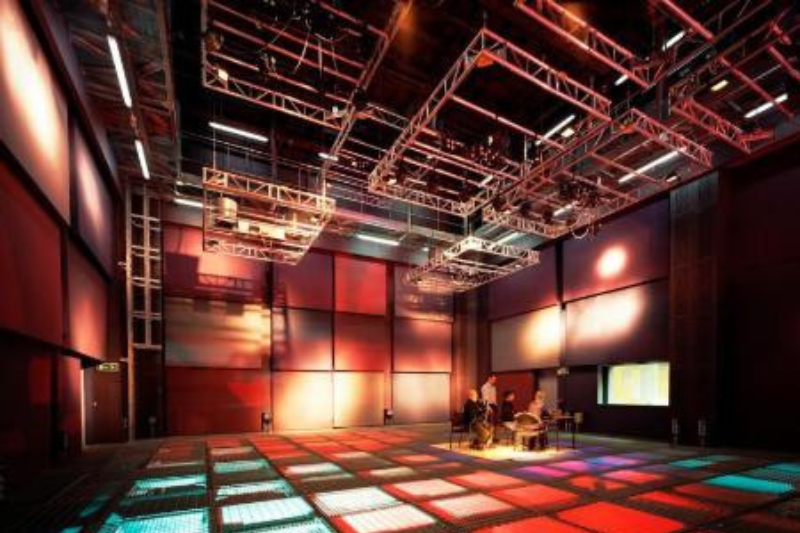
SONIC Arts Research Centre received £25,000 to upgrade their stage and back of house Halogen lights to LED's in their SONIC Laboratory.
This project reduced the energy associated with the lighting and allowed a greater colour spectrum. The project generated annual savings of nearly 7tCO2e with a return on investment taking place within 8 years.
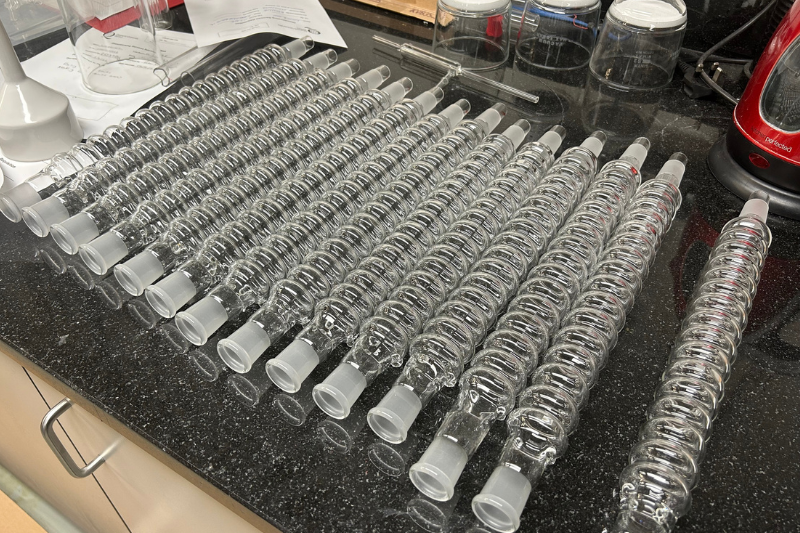
School of Chemistry received £1,500 to create Waterless Condensers.
With the help of George Burton, Queen's Glass Blower, School of Chemistry have created a number of waterless condensers to replace water-cooled condensers traditionally used during student experiments. This project will replace 25 reflux condensers, saving many thousands of litres of water every year.
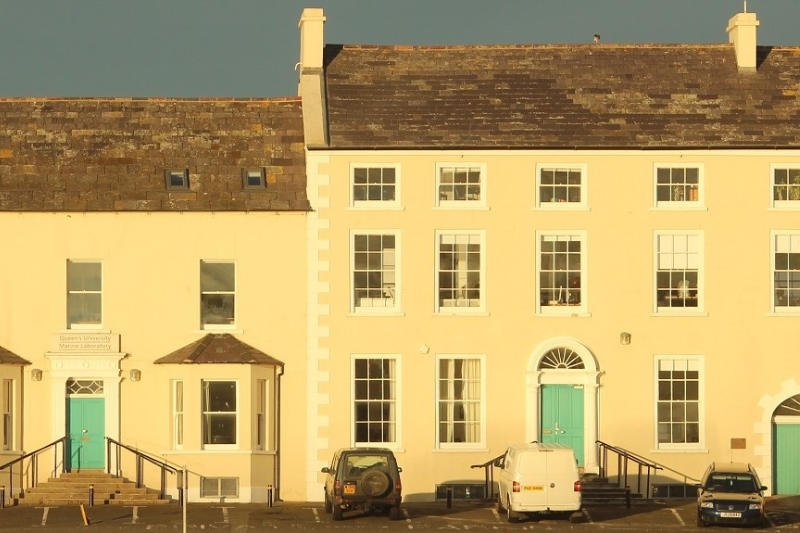
Portaferry Marine Lab received £1,400 to invest in LED lights.
The marine lab grows several species of marine algae, both microalgal cells for feeding and biofuel experiments and macroalgae (kelp species) for research into seaweed farming techniques. As they are photosynthetic organisms, all require a minimum of 12 hours light on a daily basis.
By investing in LED lights, energy consumption for the lab will significantly decrease.
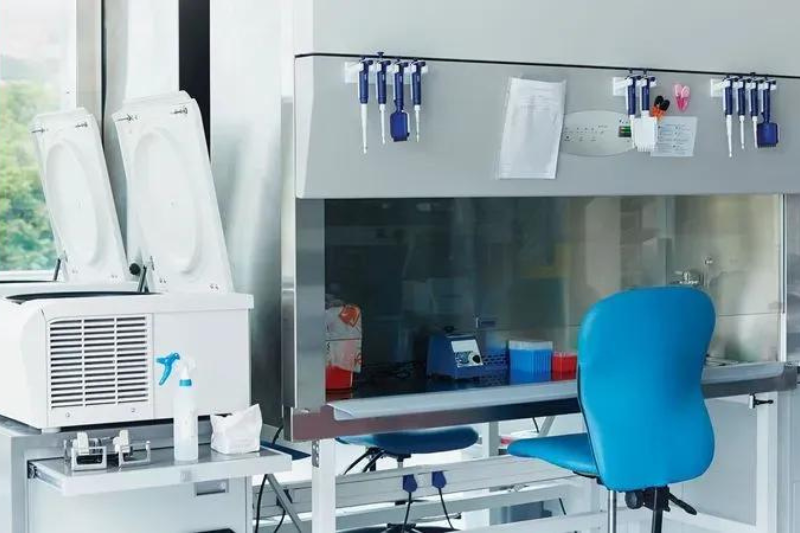
Funding to invest in energy efficient equipment for labs is available throughout the year.
The Energy and Carbon Team will fund the provision of energy-efficient lab equipment. This can potentially include shaker incubators, waterless condensers, freezers, fridges and autoclaves.
